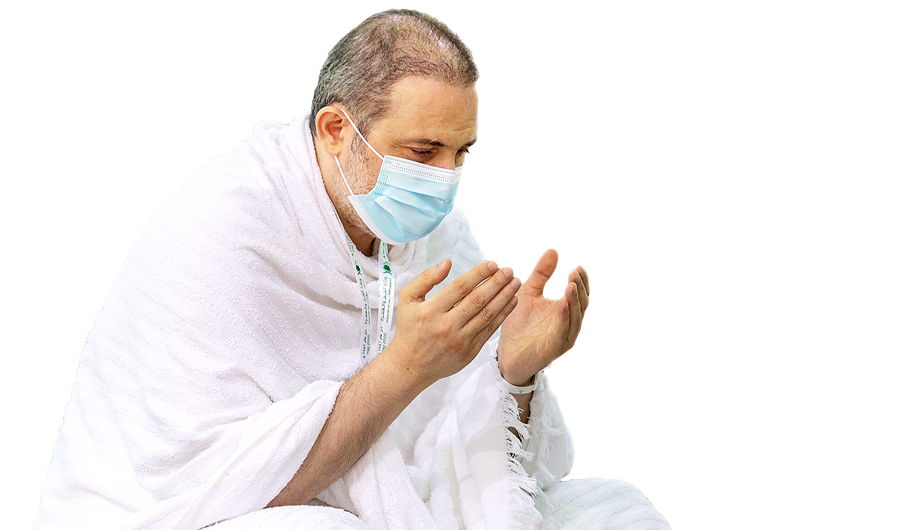RIYADH: As this year’s Hajj season unfolds amid unprecedented circumstances due to the novel coronavirus disease (COVID-19) pandemic, Saudi Arabia’s largest manufacturer of medical masks, gowns and comprehensive medical packs has amped up its daily production to meet needs in the holy city.
The Enayah factory supplies medical products for the local market and exports to Gulf Cooperation Council countries, Arab countries and Europe.
Asma Al-Kaf, the quality assurance supervisor of the factory, told Arab News that the factory’s daily capacity has increased from around 30 to 40 percent for the duration of the Hajj season.
Breaking down the daily production for the factory operating in Riyadh’s industrial area, Al-Kaf said: “Our main capacity for surgical gowns is 70,000; 50,000 for surgical packs; 100,000 for protective isolation gowns; 80,000 for medical accessories, such as head covers; 300,000 for face masks; and 40,000 per day for sterilization reels and pouches.”
The factory’s daily output level is in line with the Kingdom’s health and safety preparations, which have been put in place to receive Hajj pilgrims in Makkah in accordance with precautionary measures aimed at preventing the spread of the virus.
HIGHLIGHTS
• The Enayah factory’s daily capacity has increased from around 30 to 40 percent in line with the Kingdom’s health and safety preparations, which have been put in place to receive Hajj pilgrims in Makkah in accordance with precautionary measures aimed at preventing the spread of the virus.
• The Health Ministry’s plans to ensure the safety of pilgrims attending this year’s annual Hajj pilgrimage include a hospital in Mina, six ambulances, three clinics at pilgrim accommodations, a field hospital, a mobile hospital, and a clinic in Arafat.
The Enayah factory is doing its part to provide adequate medical supplies to ensure a safe Hajj season. The Saudi Ministry of Health is providing mobile clinics on buses to accompany pilgrims as they travel across the holy sites throughout the different stages of the pilgrimage.
There are five mobile clinics equipped with all necessary medical equipment and accompanied by a qualified health team, a general physician for the initial examination of patients, a dental clinic, and a laboratory.
Clinics are kitted out to take samples and test them, perform X-rays, and provide medication to patients.
The Health Ministry’s plans to ensure the safety of pilgrims attending this year’s annual Hajj pilgrimage include a hospital in Mina, six ambulances, three clinics at pilgrim accommodations, a field hospital, a mobile hospital, and a clinic in Arafat.

from Saudi Arabia https://ift.tt/3fg1qRq





0 Comments:
Post a Comment